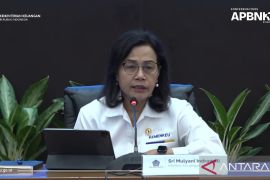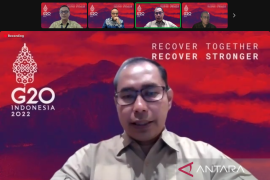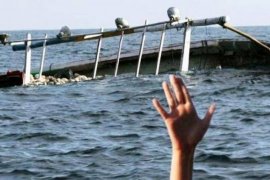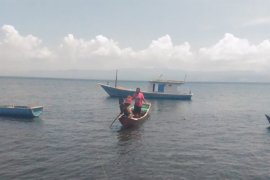"In the fishery sector, there are traditional fishermen incapable of facing competition in the free market and need protection as well as facilities from the government," Kiasa Program Coordinator Abdul Halim said here on Friday.
The protection policy could include programs to improve the capacity and capability of traditional fishermen, he said.
The capacity building should also cover the provision of capital to be used to increase fish production and processing, and insurance cards for fishermen.
The government should also carry out a program of climate adaptation in dealing with the climate change, which has lately limited the number of days that fishermen could go to the sea from fishing.
Previously, Chairman of the Jakarta Fishermen Communication Forum Tiharom said the free trade agreements signed by Indonesia with other countries such as China and ASEAN member countries, disadvantaged traditional fishermen.
"The Free Trade Agreement between ASEAN and China will only benefit less than five percent of major fishermen, while traditional fishermen are marginalized," Tiharom said.
Traditional fishermen have suffered losses because more than 30 percent of fish traded at Muara Angke and Muara Baru fish markets are imported. The imported fish is sold at lower prices than Indonesian fish. (*)
Editor: Aditia Maruli Radja
Copyright © ANTARA 2011











